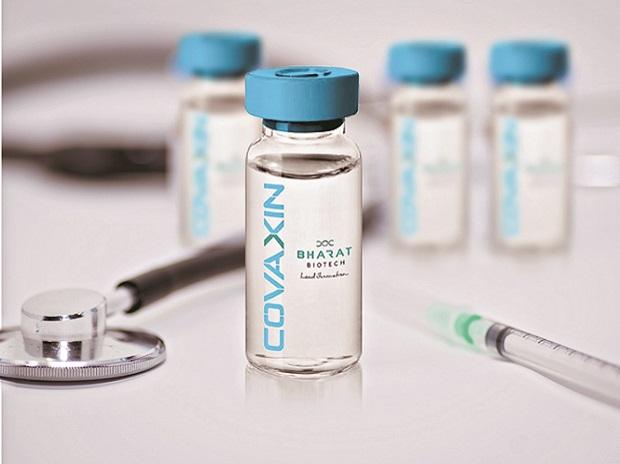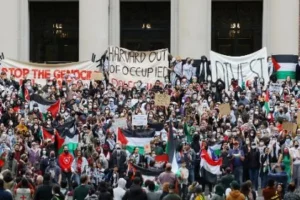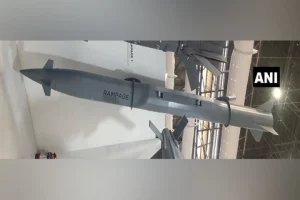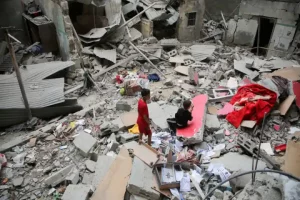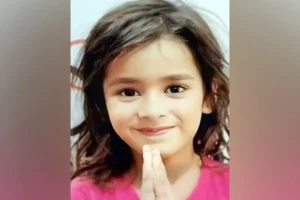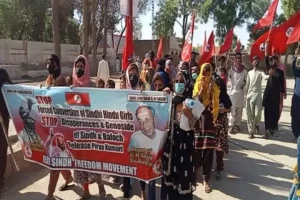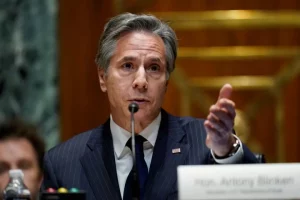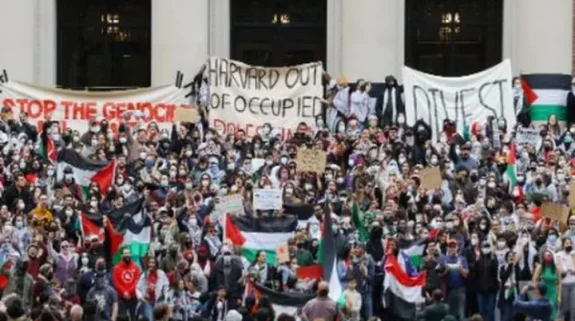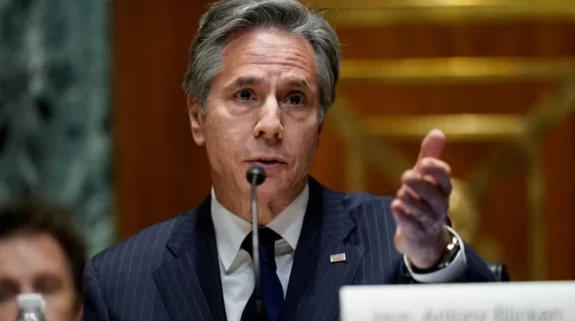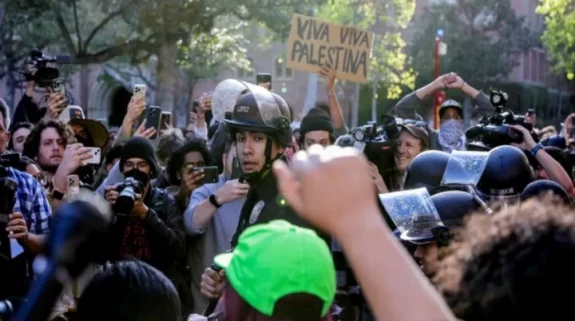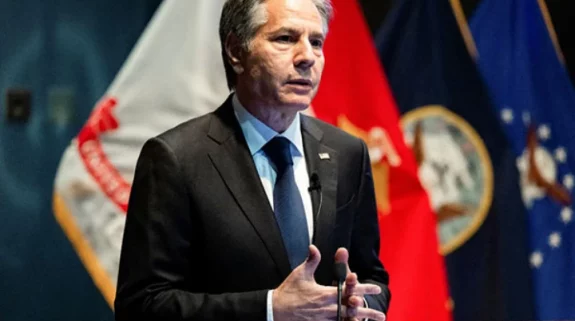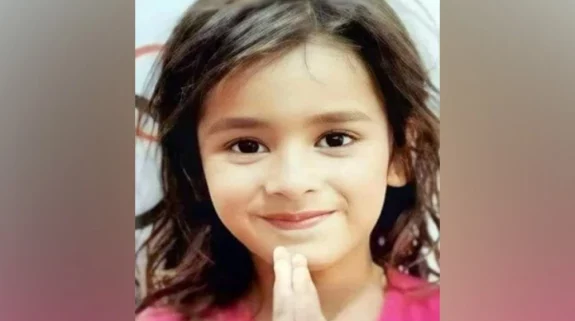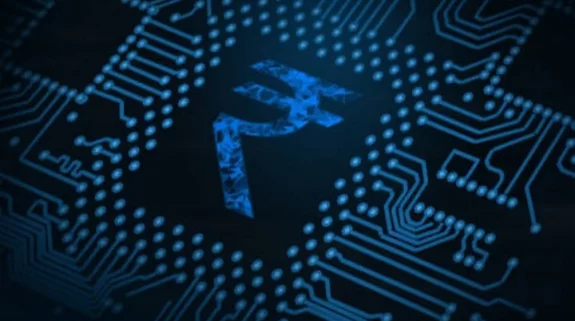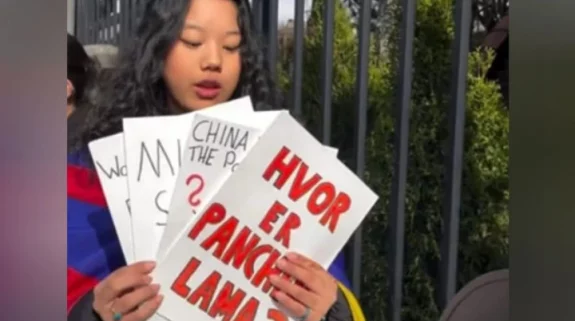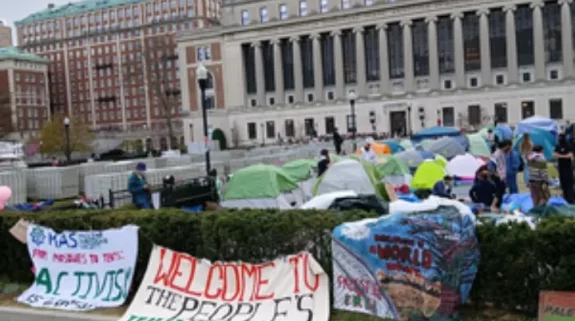With today's shot of the India-made Covaxin, Prime Minister Narendra Modi has put India in the driver's seat in the global campaign against coronavirus. Not only does it boost the local vaccination campaign but it also puts one more India-made vaccine into the international limelight.
India has remained at the forefront in the battle against coronavirus after the debilitating infection spread across the world from Wuhan, China, in 2019. Since March 2020, India has been helping the world tackle the pandemic through medicines, and now vaccines. Even Antonio Guterres, the UN Secretary General has praised India's efforts in combating the pandemic.
#UN SG Antonio Guterres praises #India's #VaccineMaitri, says "…vaccine production capacity of India is the best asset that the world has today"#IndiaNarrative pic.twitter.com/wZGohmPvw2
— INDIA NARRATIVE (@india_narrative) January 29, 2021
Modi was administered a dose of the home-made Covaxin, developed by Bharat Biotech and the Indian Council of Medical Research (ICMR), as India began vaccinating people over 60 and those over 45 with co-morbidities. "Remarkable how our doctors and scientists have worked in quick time to strengthen the global fight against COVID-19," PM Modi tweeted, sharing an image of himself being administered the first dose of the vaccine.
India organises SAARC meet to frame regional strategy
India's winning steps towards mustering an effective global response towards the pandemic began last March itself when Modi invited the South Asian Association of Regional Cooperation (SAARC) countries including Pakistan for a video conference summit to discuss framing a COVID-19 strategy for the region.
The entire SAARC grouping was present at the online summit, including Nepal Prime Minister KP Sharma Oli, who joined the meet despite having undergone a surgery. Walking the talk, India set up the voluntary Covid-19 SAARC fund for the neighbouring countries, and rushed medical aid and testing equipment to the Maldives, Nepal and Bhutan.

Kits and HCQ tablets reach all corners of the world
By mid-2020 India was showing good global governance by sending its medical supplies across the globe. Even as Europe and the US reeled under the onslaught of the virus, made in India provisions reached the new epicentres.
India’s supplies of hydroxychloroquine and paracetamol, rapid testing kits for coronavirus, masks and personal protection equipment (PPE) landed in Israel, Jordan, UAE, Kuwait, Dubai and Bahrain. Even islands like Seychelles & Mauritius as well as LatAm shores got Indian medical supplies. African countries and traditional friend Russia too received Indian supplies as they confronted a mysterious pandemic.
On the other hand, China got a drubbing as nearly half-a-dozen European countries returned its sub-standard medical supplies. In a big to come clean after having being blamed for the pandemic, China tried to shore up its image with testing kits and medical supplies that malfunctioned and were of poor quality. The Netherlands, Turkey, Spain and many other European countries panned China for its faulty kits.
Addressing the Covid-19 at NAM meet
In May 2020, India participated in the almost-forgotten Non Aligned Summit (NAM) platform as Modi spoke about the “virus of terror” the international community was facing and offered to jointly work on a global campaign.
The summit, organised under the theme, 'United against Covid-19', was hosted by NAM Chairman Azerbaijan President Ilham Aliyev. It was a power-packed gathering with 30 Heads of State and Governments besides Modi. It also had a number of multilateral organisations including the UN Secretary General, the WHO chief as well as the top representatives from Africa and the EU.
Addressing the summit, Modi said: "Despite our own needs, we have ensured medical supplies to over 123 partner countries, including 59 members of NAM. We are active in global efforts to develop remedies and vaccines."
India took the NAM opportunity of hammering the inequities in the world order. Modi said: “Covid-19 has shown us the limitations of the existing international system. In the post-Covid world, we need a new template of globalization, based on fairness, equality, and humanity."
After HCQ, vaccines come to the forefront
Once again as the world was looking for solutions from an obstinate virus that showed no mercy and lockdowns that rained misery on people, vaccines research began emerging as a ray of hope.
India snatched the initiative on vaccine development, both India-made and foreign ones. The Ministry of External Affairs (MEA) flew 64 diplomats to the vaccine hub of Hyderabad to underline the advancement and achievements that the country's public and private sectors had made in vaccine development. The envoys noted first-hand the facilities at Bharat Biotech and Biological E. There might be upto a dozen vaccines in the making in India.
Even as China was making aggressive announcements about the efficacy of its vaccines, India was already sending those to its neighbours. As Bloomberg Quint wrote in a recent feature: "So far, New Delhi has managed to ship nearly 6.8 million free vaccines around the world. China has pledged around 3.9 million, …some of which have yet to arrive."
India manages a glocal campaign
All through 2020, the country kept up the tempo against the virus globally, the government did its best to keep the virus in check on the domestic front. At a time when numerous world leaders were dismissive of the threat of the virus, Modi took to television repeatedly to address Indians to bear caution and remain vigilant against a virus about which little was known internationally.
Though some of the campaigns were criticised for being superstitious or being too dramatic, the message got home that the virus kills.
For a country the size of India and its massive population, India witnessed its moments of triumph and defeat against Covid-19. The lockdowns were severe and sudden but they gave the medical fraternity and the government time to think and plan. The number of infections rose and fell as the virus kept its onslaught.
With Modi’s photo-op today with two nurses and the indigenous Covaxin, India once again reinforces that the world is going to be a safer place with more vaccines on the anvil.






